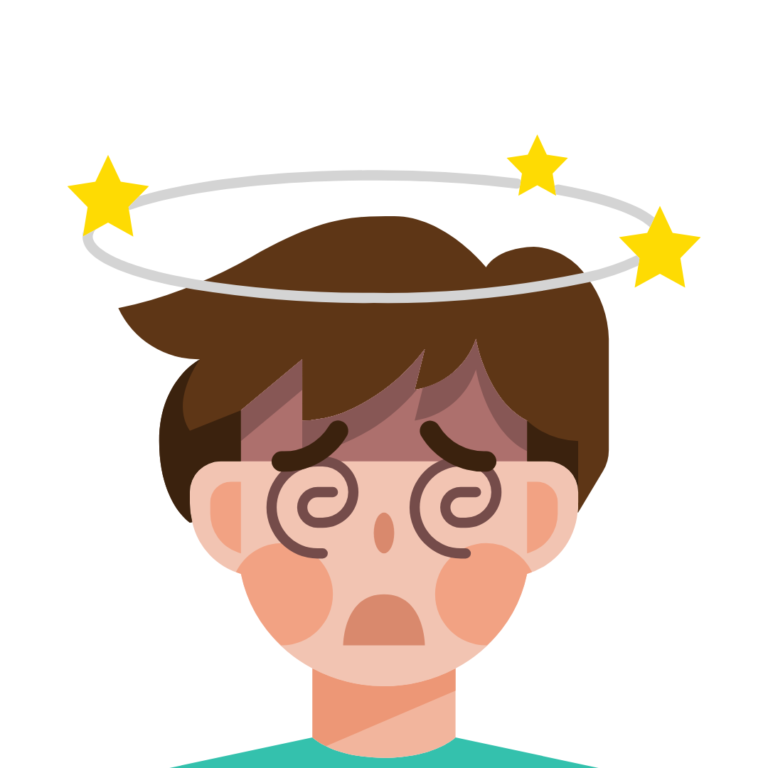Recently, I have experienced my first-ever hot flash. I felt almost vulnerable. I was shadowing in the clinic of my lab PI when I felt uncontrollably hot all of a sudden. It was nearly as if my temperature increased by 20+ degrees. I felt dizzy and sat down immediately on the floor; I was practically about to faint. I felt helpless. This article is dedicated to anyone who might have experienced these hot flashes and is looking to prevent them.
Hot flashes are typically associated with hormonal changes, sugar insulin imbalance, and stress. Most research suggests that hot flashes occur when decreased estrogen levels cause your body’s thermostat (hypothalamus) to become more sensitive to slight changes in body temperature. When the hypothalamus thinks your body is too warm, it starts a chain of events (a hot flash) in order to cool you down. Women may experience one hot flash daily, lasting approximately 2-4 minutes.
These are the ten common triggers that induce hot flashes, knowing these triggers will help you reduce hot flash episodes:
- Warm surrounding temperatures
- Tight clothing
- Heavy clothing
- Hot electronics
- Strenuous exercise
- Hot drinks and spicy food
- Caffeine
- Alcohol and smoking
- Stress
Anxiety can lead to hot flashes through several physiological mechanisms. Anxiety triggers the body’s “fight or flight” response, which activates the sympathetic nervous system. This leads to the release of stress hormones like adrenaline and cortisol. These hormones can cause blood vessels near the skin to dilate, increasing blood flow to the skin’s surface. This dilation can create a sensation of heat and result in a hot flash.
During anxiety or panic attacks, some people may hyperventilate (breathe rapidly and shallowly). This can lead to a decrease in carbon dioxide levels in the blood (respiratory alkalosis), which can trigger hot flashes or feelings of heat.
While anxiety itself doesn’t directly alter hormone levels, chronic stress and anxiety can disrupt the balance of hormones in the body over time. Fluctuations in hormones, particularly cortisol, can affect the body’s thermoregulation processes, potentially contributing to hot flashes.
Treatment options include drinking cold water, dressing in layers, and deep breathing. Stress management techniques can also prove to be beneficial along with guided imagery. In addition, medical treatments can also be applied. For example, estrogen is the primary hormone used to reduce hot flashes.
Hot flashes can strike at any time of day, but they’re also more frequent during times of stress. Stress reduction techniques may decrease the frequency of hot flashes. Consider taking some time to do the following:
- Yoga
- Meditation and visualization
- Guided breathing
- Tai chi
- Walking
These techniques also have the benefit of improving sleep quality. Taking some time to do the things you love such as taking a few minutes alone to read a book, sing out loud, or simply sit outside can do wonders in terms of reducing stress.
Even slight increases in your core body temperature can trigger hot flashes. You can fix this by lowering your room temperature by turning down the thermostat, turning on the air conditioner, installing a fan, purchasing a cooling gel pad to lie on, or opening a window.
Cites used:
- https://www.healthline.com/health/menopause/hot-flash-remedies#Cool-it-down
- https://www.mayoclinic.org/diseases-conditions/hot-flashes/diagnosis-treatment/drc-20352795
- https://www.health.harvard.edu/staying-healthy/understanding-the-stress-response
- https://www.verywellhealth.com/cool-ways-to-stop-hot-flashes-2322681
- https://www.shecares.com/symptoms/hot-flashes/articles/what-triggers-hot-flashes-10-common-things
Written By: Siri Munnuluri, Mental H2O Youth Resource Writer


